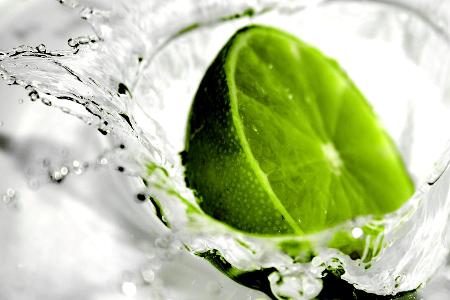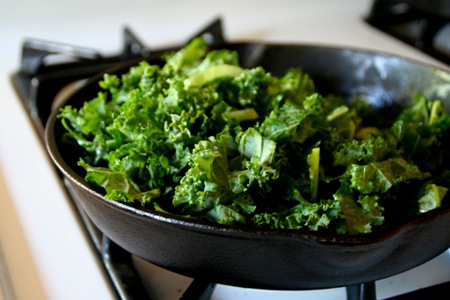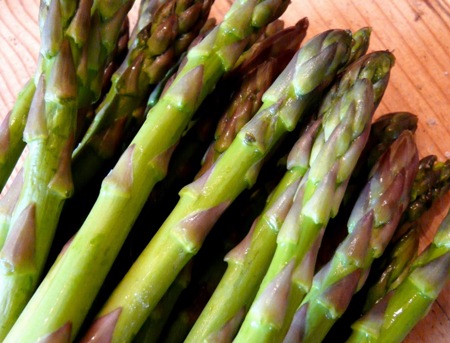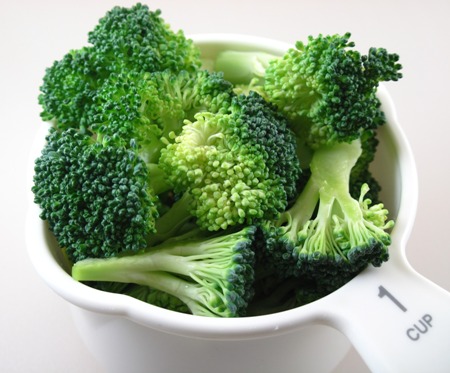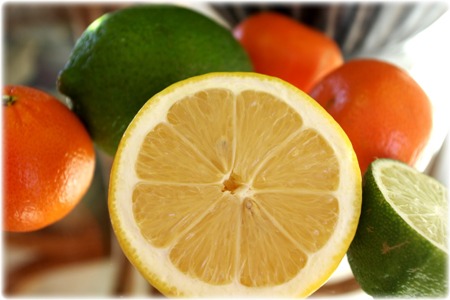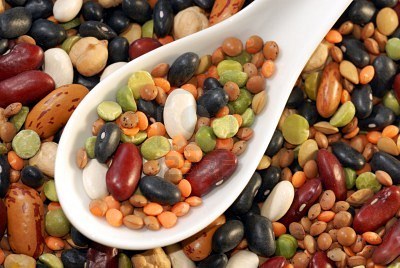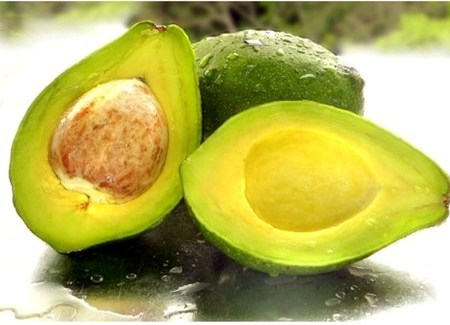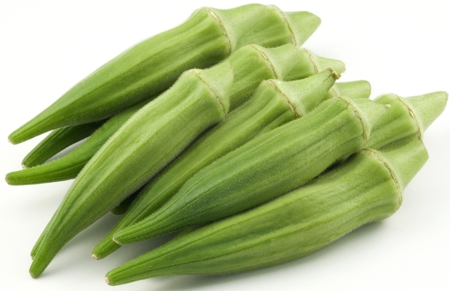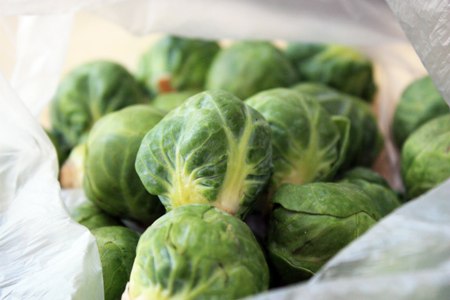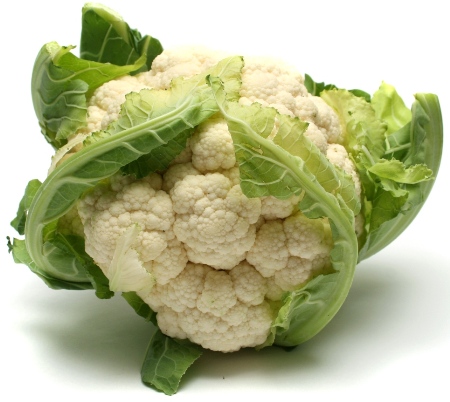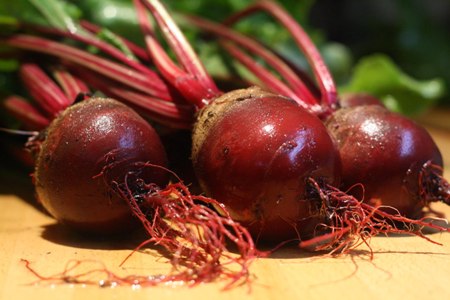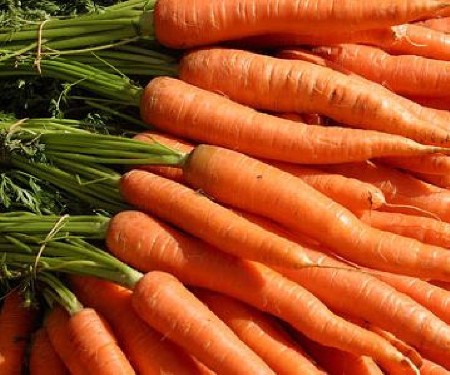Folic acid is as important as any other nutrient that we consume every day. It is a great aid for sound mental and physical growth. The various physical processes within our system get a boost when we take in sufficient quantities of folic acid every day. For instance, it helps in the repair and synthesis of DNA, production of fresh red blood cells and biosynthesis of nucleotides in the cell. So, we are less vulnerable to diseases like anemia, Alzheimer’s disease and a variety of cancer as a result.
Pregnant mothers who consume folic acid or vitamin B9 regularly have lesser chances of getting susceptible to fetal deformities. Folic acid is readily available in some of the common foods that form a part of our daily platter. Some of these are green leafy vegetables, citrus fruits, beans, seeds and nuts, vegetables like broccoli, okra etc. Therefore, it is not at all cumbersome to secure and consume foods rich in folic acid or vitamin B9 daily. Compiled here are some foods that are rich in folic acid.
Dark leafy vegetables
Researches show that dark leafy vegetables contain the most folic acid. Some of the commonly consumed leafy vegetables that contain folic acid are spinach, collard greens, mustard greens, romaine lettuce, turnip greens, etc. Studies further reveal that spinach contains 65% of folic acid. Collard greens and turnip greens have 42% to 44% folic acid while mustard greens have 26% of folic acid. These dark leafy vegetables are very easily procurable. You can consume them as raw salads or in soups too. They are beneficial for every age and sex as they are free from side effects. Pregnant women are also advised to consume these nutritious vegetables to supplement folic acid requirements in their body. But people with problems of indigestion might find it difficult to digest.
Asparagus
Boiled asparagus forms a very popular snack. It is rich in folic acid. It complements about 65% of our daily requirement of folic acid. Along with folic acid, it is also rich in nutrients like vitamin K, vitamin C and vitamin A and mineral like manganese. A cup of boiled asparagus is enough to provide the body its adequate dose of folic acid. It has a woody taste which makes it popular among different age groups. Since it is readily available in the market and without any adverse side effects, so anybody can eat asparagus. But you must get consult a doctor before consuming asparagus if you suffer from irritable bowel syndrome. It might be challenging for you to digest the same.
Broccoli
This dark green vegetable is commonly seen in the vegetable market. Most of the people like its taste and eat it regularly. But you might not know that broccoli meets the requirement of folic acid in the body. It comprises of approximately 24% folic acid. Along with this, it is also known as one of the best detoxifying foods. Experts suggest that organic broccoli is best to consume since the nutrients in it remain intact. It is also suggested that a cup of boiled or highly steamed broccoli is the daily recommended dose. Every pregnant women as well as people of any age or sex can eat broccoli as it does not have any side effects.
Citrus fruits
The tangy flavor of citrus fruits is loved by many. But you must also know that they are one of the major sources of folic acid. They are easily available in the market. Moreover, they are beneficial for everybody as they are free from any side effects. But some specific citrus fruits like oranges, lemon, sweet lime might aggravate the condition of patients suffering from acidity. So, instead of these options they can opt for papaya, grapes, raspberries and strawberries. These are equally beneficial. Almost every citrus fruits contain as much as 30% folic acid. You can consume most of these citrus fruits as fresh juices or as diced raw cubes. But some of them like papaya are meant to be eaten as raw slices only.
Lentils and beans
Researches on food and their nutritional contents reveal that lentils, beans and peas are the major sources of folic acid. Lentils provide as much as 90% folic acid. Pinto beans and garbanzo beans supply 70%-74% folic acid. Similarly, black beans, kidney beans, green peas and lima beans offer 30% to 65% folic acid. These are easily available and equally healthy for every individual. A small bowl of boiled or cooked lentils, beans or peas meet your daily requirement of folic acid. They can be consumed by everybody in general. But people suffering from renal problems and high uric acid in their body must seek medical advice before consuming lentils and beans. They are rich in proteins which can be detrimental for such patients.
Avocado
Avocado is one of the most sought after vegetables due to its crispy and tangy taste and buttery texture. It forms a part of everyday breakfast and snack platter of many as it is easy to procure. A cup of raw, shredded avocado offers 22% folic acid. It can be incorporated in salads or sandwiches. It also contains vitamin K, fatty acid and ample of dietary fibers.Thus, it also clears the colon and prevents chances of constipation. Since it is natural effective and free from any side effects so it is recommended for everybody.
Okra
Okra is distinguishable from other vegetables due to its slippery texture and slim shape. A cup of boiled okra offers about 37 mcg of folic acid. This mineral and vitamin enriched vegetable also cleanses the digestive tract and fights toxic build up. So, okra can be consumed by everybody. It is easily available and devoid of any harmful effects. It renders special benefit to people suffering from severe constipation too. Whatever may be your age or sex, you must consume okra everyday to harness its benefits optimally. But if you suffer from high uric acid content in blood then okra should be avoided.
Brussel sprouts
Brussels sprouts are the most loved vegetables by many people. They are easily available. People consume them either in shredded and boiled form or cooked with spices and condiments. But you must be happy to know that this vegetable is extremely nutritious. It has also been identified as a rich store house of folic acid. Besides this, it also contains vitamins like vitamin C, vitamin K, vitamin A and minerals like manganese and potassium. Anybody can consume Brussels sprouts. It is immensely beneficial for pregnant women. The recommended dose is a cup of boiled or cooked Brussels sprouts every day. If you consume it regularly it will provide your body with 25% folic acid.
Cauliflower
This vegetable is used to make some of the most mouth watering dishes. It is readily available across the world. It has been found that cauliflower meets about 14% of folic acid requirements of human body. Therefore, doctors recommend that you must consume at least a cup of cauliflower every day. The way you should eat cauliflower is varied. It can be boil
ed, steamed or cooked. It can also be eaten raw as salad components or shredded as sandwich topping. It is beneficial yet without any harmful side effects. So, everybody can eat cauliflower without worrying about health consequences. But special caution must be taken by people who suffer from bloated belly and irritable bowel syndrome.
Beetroots
This red colored vegetable is mostly used in salads and soups. It has numerous benefits for health. It has been identified as one of the top foods rich in folic acid. A cup of beetroot everyday provides as much as 34% of our folic acid requirement. It also works great in detoxifying the system as it comprises of natural antioxidants. It also works as liver cleanser. It cures anemia and assists in the production of fresh blood in the body. It is found in abundance in the vegetable market and is quite economical too. Anybody can consume it without the fear of any adverse side effects. But pregnant women are specially benefited when they consume beetroots. People with high blood sugar levels must avoid beetroot as it contains natural sugar.
Carrots
Carrots are quite popular among many people due to their bright color and sweetish taste. They are also identified as major suppliers of folic acid. Carrots also contain vitamin A. This improves eye sight and skin texture. They are eaten regularly in almost every household. You can eat carrots in a variety of ways. Some of the common forms are as raw salad components, boiled or in cooked form. It is recommended that you must consume at least a small bowl of carrot everyday to give your body its required doses of folic acid. But diabetics are advised not to consume carrots as they contain natural sugar.


